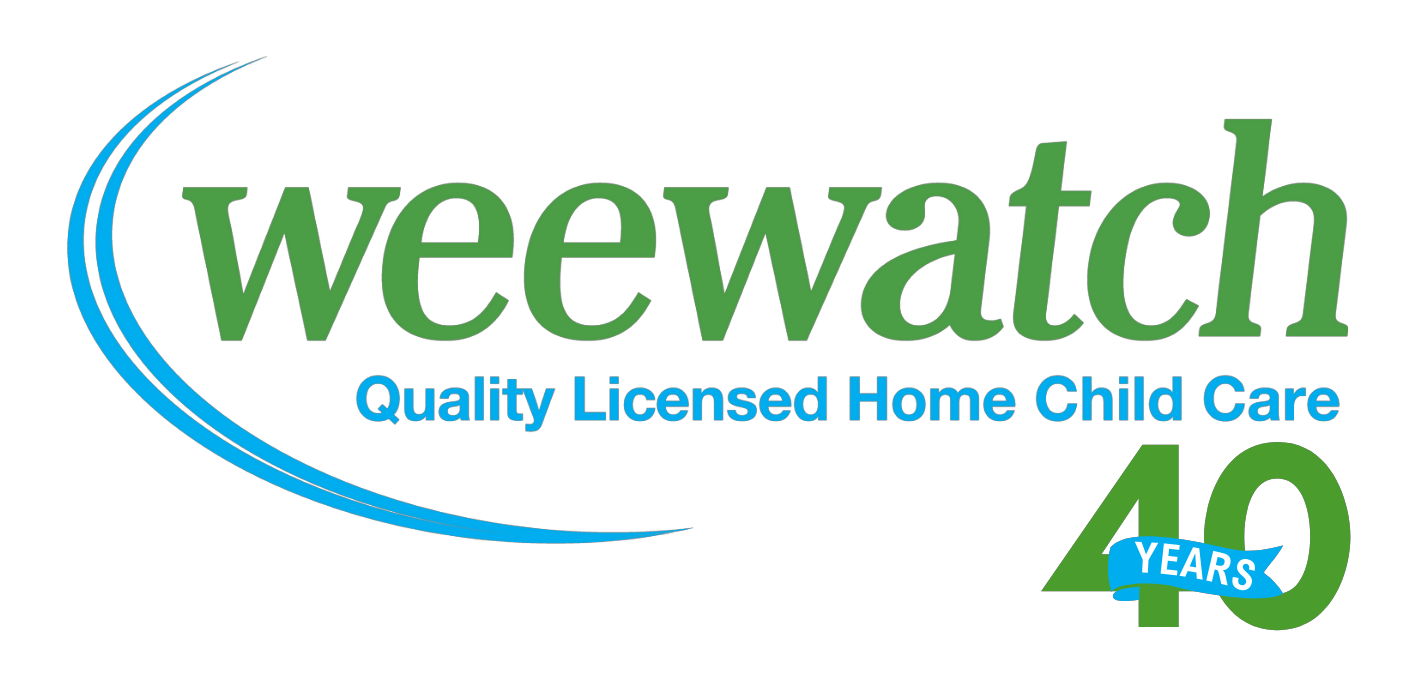Children have certain basic needs in common that must be provided for to ensure their optimal development and well being; warmth and affection, a sense of accomplishment, encouragement, a sense of responsibility, and a chance to learn and explore their environment.
A high quality licensed home child care programme, such as Wee Watch, is designed to meet these needs as well as specific needs of each individual child. This is especially important when caring for infants and toddlers, as it is in the early years of life that children experience rapid development.
The home setting ensures more individualized attention because of limited number of children in a Provider’s home. Providers are not only concerned with the physical care of your child, but with their emotional well being and development, which is why our homes provide a stimulating, healthy environment to encourage the development of children.
Suggestions to help meet infant’s needs in a home child care setting:
- Infants need a caring adult that they can depend on. Child care Providers can build trust by spending one-on-one time with infants. This time spent together allows children to form a “secure relationship” with their Provider and helps them feel safer. Feeling safer allows them to spend more time exploring their world.
- Infants have their own way of communicating. Listen to the little sounds infants make, their different crying messages and facial expressions they make. All of these signals will help you get to know each child’s needs.
- Talk to infants even if they can’t talk. Talk to infants throughout the day. Babies learn language by hearing you speak.
- Get to know each baby’s schedule. Every baby has a different schedule, some have regular routines and others are a little tricky. Once you get to know their schedule, let them eat and sleep when they want to. Once they get older they will more easily adapt to other schedules.
- Playing games with infants is more than just fun. When children are manipulating objects, acting out roles, or experimenting with different materials, they are engaged in learning through play. Intentional play based learning enables children to investigate, ask questions, solve problems, and engage in critical thinking.
Open communication between parents and Providers is vital to ensure that the programme in the home is always tailored to meet the needs of each child at every stage of development.
